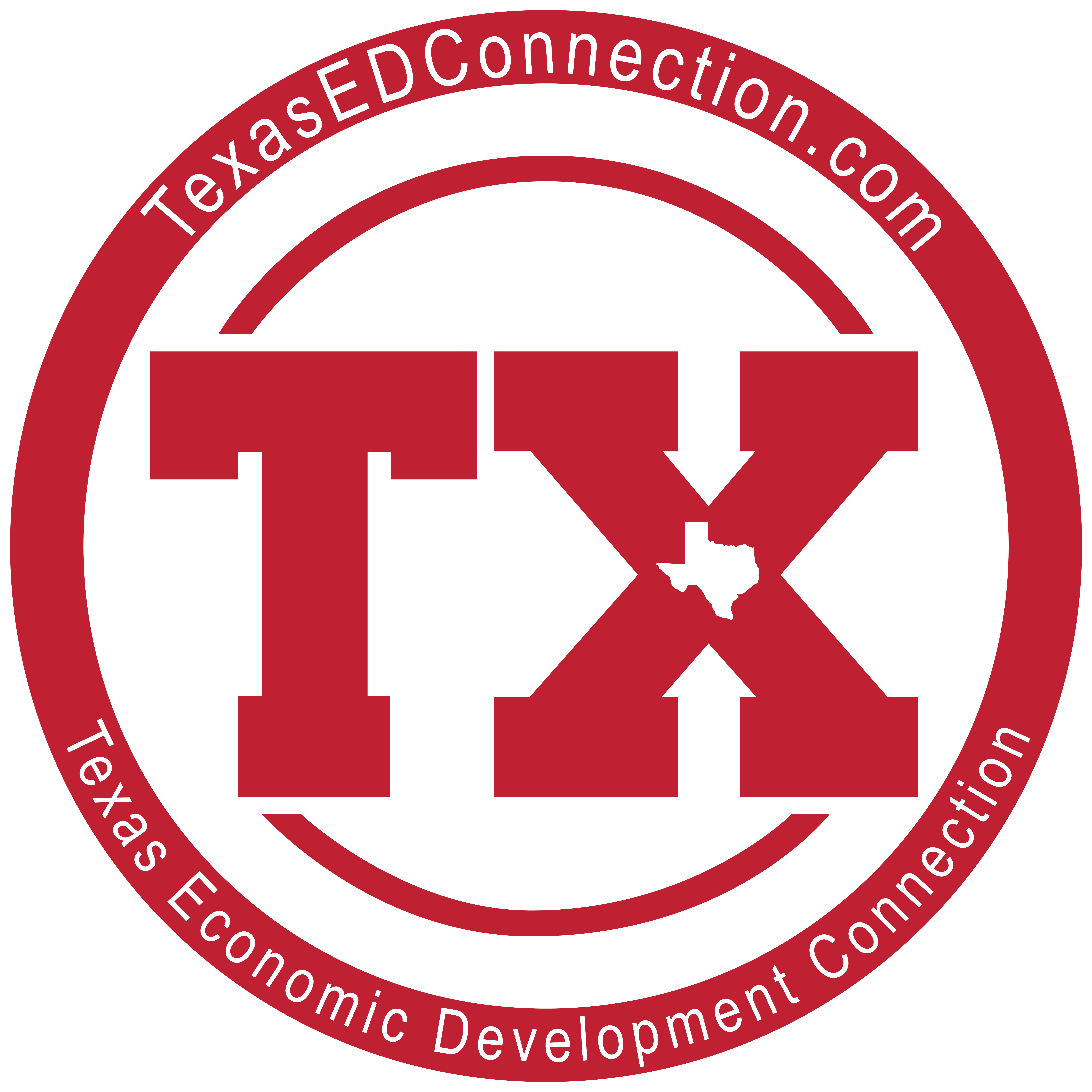Texas has all kinds of incentives for businesses that are relocating or expanding to the Lone Star State. Business incentives truly help to keep the booming Texas economy strong, and as a bonus, they also manage to attract and grow more businesses within the state. Some businesses you may have heard of that have benefitted from Texas business incentives include: Oracle, Apple, Tesla, Samsung, Toyota, and Microsoft. There are plenty of small business-focused incentives as well. The business climate in Texas is structured so that it supports plenty of economic development opportunities. One particularly beneficial business program is the Texas Enterprise Zone Program (EZP), a state sales and use tax refund program that is designed to encourage private investment and job creation in economically distressed areas of the state. Read on to learn about how to determine if a Texas Enterprise Zone is right for your business.
Consider the qualifications. In order for businesses to qualify for the Texas Enterprise Zone Program, there are certain eligibility requirements to meet. Texas Enterprise Zone communities designate a business in their jurisdiction as an enterprise zone project. The project’s enterprise zone designation must be approved by the State of Texas.
Check out the Application requirements. In order for companies to receive an Enterprise Zone designation, Texas communities must nominate them and submit an application on the company’s behalf. The companies must be in the community’s jurisdiction and be able to receive state sales and use tax refunds on qualified expenditures. For the application process, companies may need to contribute some specific information. Companies also need to meet minimum capital investment requirements. In addition, companies need to create and/or retain jobs that employ a specific percentage of economically disadvantaged employees, enterprise zone residents, or veterans. In some cases,—like for job retention—projects located outside of enterprise zones may be approved for EZP. Applications are accepted quarterly, on the first working days of March, June, September, and December.
There are some limits. Texas allows for a limited number of projects for each community. Only about 12 designations are approved each quarterly round, making Texas Enterprise Zone status quite competitive to achieve.
Be aware of the factors that determine an Enterprise Zone. For Texas Enterprise Zones, there are both minimum capital investment thresholds; There are also requirements for creation or retention of jobs that employ individuals who are enterprise zone residents or individuals who are economically disadvantaged. If the project is located in an enterprise zone, 25% of the employees must be either economically disadvantaged or be residents of the enterprise zone. For projects that are located outside of designated enterprise zones, 35% of employees need to be economically disadvantaged or residents of the enterprise zone. Some location factors are also important to figure out, especially considering the level of economic distress of the actual zone.
Size things up. There are different types of Texas Enterprise Zone projects, which include half enterprise, enterprise, double jumbo, and triple jumbo sizes. A half enterprise project should have a level of capital investment of $40,000 to $5,000,000 or more. The maximum number of jobs allocated for half enterprise size is 250. The maximum potential refund of this size is $625,000. For an enterprise project, the level of capital investment should range from $5,000,000 to $149,999,999. The maximum number of jobs allocated for enterprise is 500, and the maximum potential refund for Enterprise projects is $1,250,000. A double jumbo project has a capital investment range of $150,000,000 to $249,999,999, a maximum allocation of 500 jobs, and a potential refund of up to $2,500,000. Triple jumbo projects have a capital investment of $250,000,000 or more, a maximum number of jobs allocation of 500, and a potential refund of $3,750,000.
Job creation potential is key. Texas Enterprise Zone programs often require that businesses have the power to create new jobs so that they can qualify for incentives.
Ask around. Speaking with other business owners in a Texas Enterprise Zone could help you to learn more about requirements and experiences with this incentive. It’s a great way to discover details about both benefits and challenges of the EZP.
Get some expert help. The Texas Economic Development Connection is the state’s leading economic development agency with years of experience helping businesses move and expand to Texas. The experts there can help you to determine whether the Texas Enterprise Zone program is the right fit for your business. Traditionally, you might make phone calls to local economic development offices and search Texas business websites. However, the Texas Economic Development Connection is truly a great way to help you figure out the best benefit programs for your business. Check out the Texas Economic Development Connection’s relocation planning tool online, or reach out by phone at 214-775-0617.



